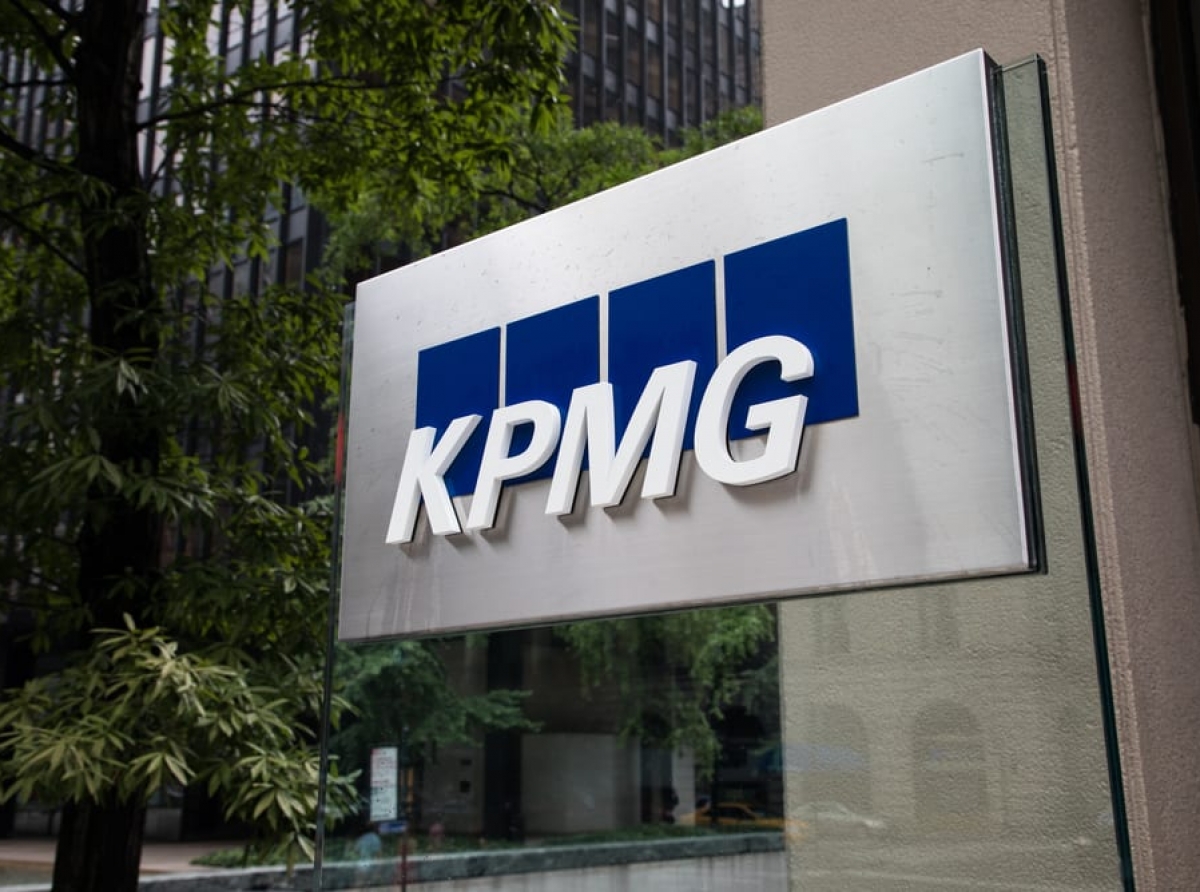High-value apparel products will help India mitigate COVID-19 effects: KPMG

Fashion retail markets across the world were under severe stress even before the COVID-19 crisis. A new KPMG report ‘Covid-19: Mitigation strategy for Indian textile and apparel sector’ highlights issues like deep discounting and damp consumer sentiments were already threatening the future prospects of the industry. The onset of the COVID-19 pandemic has plunged the industry further into darkness with production lockdowns, severe supply chain disruptions and market closures becoming the order of the day.
As per the report, the pandemic is likely to impact approximately one fifth of global apparel trade, creating supply chain disruptions across the world. The Italian market is expected to be the worst hit amongst European economies with market revival taking at least 12-15 months despite a strong economic boost from the government. The Spanish market is also expected to bear the brunt of the pandemic for the next 12-15 months while the UK market will face long-term ramifications though a good economic stimulus from the government will help alleviate some of the pain.
Worth nearly $38.9 billion, the largest European market, Germany is expected to revive in the next 9-12 months. Similar recovery is expected for the Japan, Canada and France markets while Belgium recovery is likely to delayed due to the high penetration of COVID-19 and limited financial stimulus.
Varied impact across segments
The report indicates impact on Indian market is likely to vary across sectors. The cotton fiber market is likely to be seriously impacted due to a contraction in the global market and order cancellations. Low downstream demand will restrict imports to specialized cotton fibers only and the market may face some liquidity issues resulting in shortage of working capital
MMF Fibers: With limited exports, overall impact on MMF fiber segment is expected to be low. The segment is likely import high-value functional fibers as PTA exports are likely to face supply chain disruptions. This will create a liquidity issues in the segment.
Yarn: With $6.2 billion exports global contraction in fabric manufacturing is drying up the demand for yarn across the world. The segment also faces raw material shortages due to supply chain disruptions. The huge buildup of inventory is also leading to a huge crunch of working capital in the segment.
Fiber processing market: With limited exports, overall impact on the fiber processing segment is expected to be low. However, raw materials shortages will impact operations in the segment.
Fabrics: Demand for fabrics in the domestic market is likely to decline due to a decrease in global apparel market. The segment depends on imports for its requirement of specialized and functional fabrics. Decentralized manufacturing will lead to a severe capital crunch with raw material availability also likely to be a challenge in the medium term.
Technical Textiles: The economic slowdown is likely to shrink Indian exports of technical textiles. The domestic market will be severely hit due to its significant dependence on raw material imports for value added products
Focus on core strengths
Considering this significant impact of COVID-19 on its textile value chain, Indian manufacturers need a fresh approach towards their business that focuses on the core strengths of the Indian industry. Manufacturers need to explore new markets opened by the COVID-19 pandemic in PPE sector. They need to emphasize on manufacturing of masks, PPEs and other meditech products that would enable them to tap burgeoning global market.
Indian textiles players are already at an advantage with abundance of natural raw materials, a young workforce and end-to-end value chain capabilities. However, they need to develop their core competencies in high-value raw materials and aim to capture a major share in the global trade of high-value product categories.
Latest Publications

































